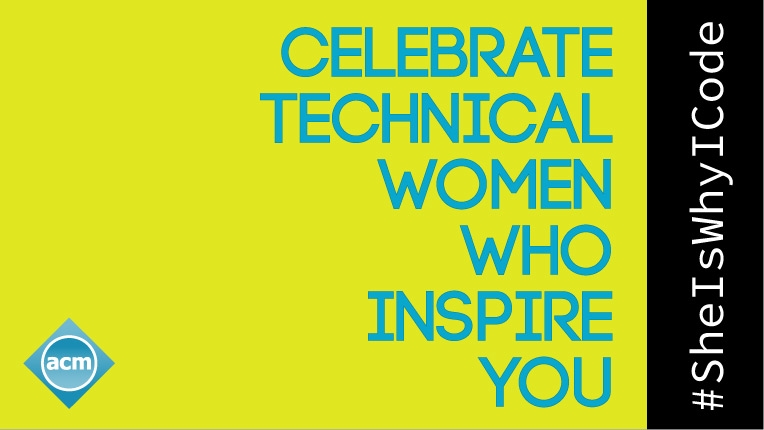Celebrate Women's History Month by Sharing Your Stories
During Women's History Month this March, ACM is encouraging computing professionals and students to use the hashtag #SheIsWhyICode to share stories of women in computing who have inspired them at any point in their career or education. The stories might range in topic from your earliest introduction to computer science to overcoming a recent professional obstacle, and the technical women could vary from luminaries of the computing field to your high school CS teacher or current boss. #WomensHistoryMonth
Fran Allen
Frances (“Fran”) Elizabeth Allen, was the first woman to receive the #ACMTuringAward. She received the 2006 ACM A.M. Turing Award for pioneering contributions to the theory and practice of optimizing compiler techniques that laid the foundation for modern optimizing compilers and automatic parallel execution.
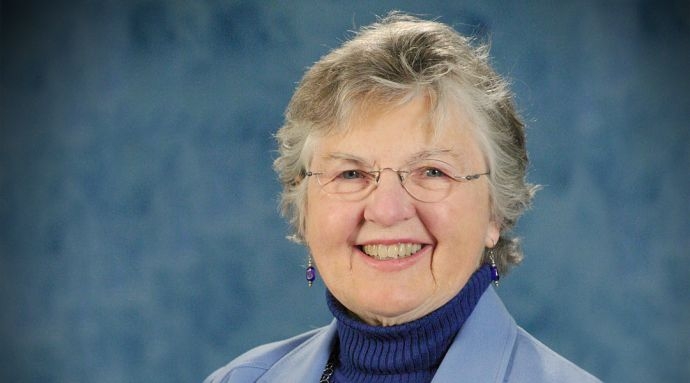
Barbara Liskov
Barbara Liskov received the 2008 ACM A.M. Turing Award for contributions to practical and theoretical foundations of programming language and system design, especially related to data abstraction, fault tolerance, and distributed computing. She is one of the first women in the United States to earn a PhD in computer science and is known for developing the Liskov substitution principle.
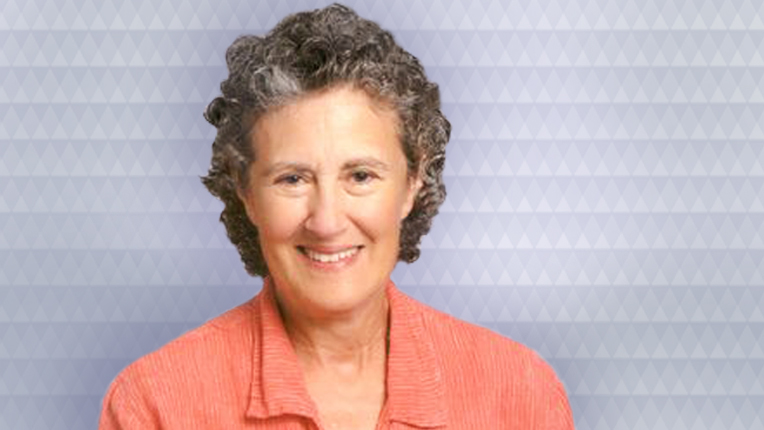
Shafi Goldwasser
Shafi Goldwasser received the 2012 ACM A.M. Turing Award with Silvio Micali for transformative work that laid the complexity-theoretic foundations for the science of cryptography, and in the process pioneered new methods for efficient verification of mathematical proofs in complexity theory. She also received the 2008 Athena Lecturer Award and 1996 Grace Murray Hopper Award. Shafi is co-inventor of probabilistic encryption, the gold standard for security for data encryption today.
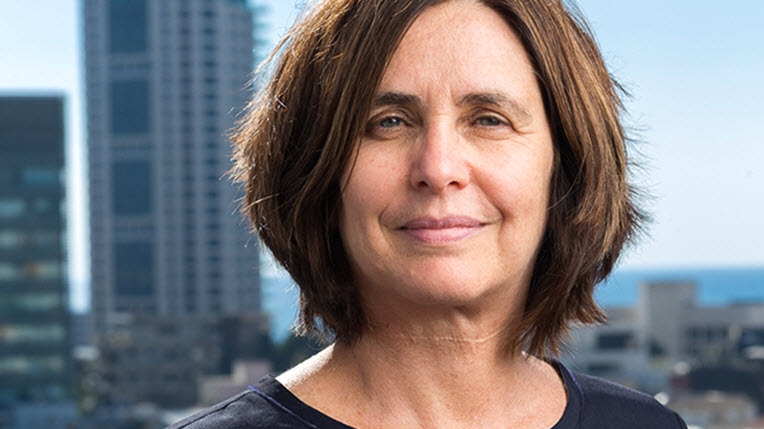
Dina Katabi
ACM Fellow Dina Katabi received the 2017 ACM Prize in Computing for creative contributions to wireless networking. She also received the 2012 Grace Murray Hopper Award and a 2013 MacArthur Fellowship. She is the Andrew and Erna Viterbi Professor of Electrical Engineering and Computer Science at MIT, and she has pioneered the use of wireless signals in applications that can sense humans behind walls, determine their movements and even surmise their emotional states.
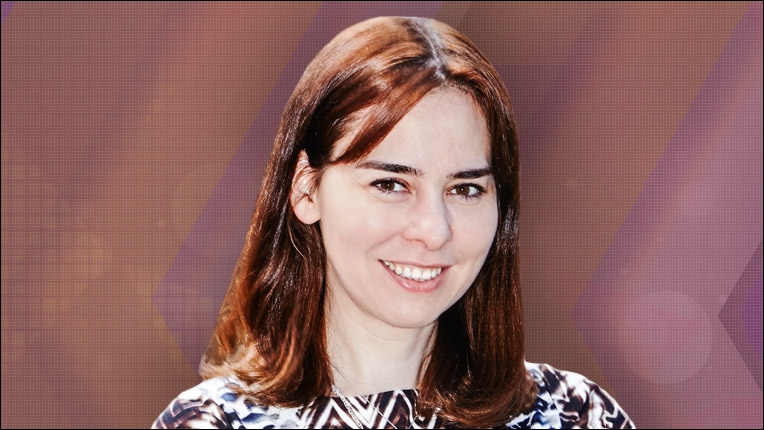
Daphne Koller
Among her many honors, Daphne Koller received the 2019 ACM AAAI Allen Newell Award, the inaugural ACM Prize in Computing in 2007 and a MacArthur Fellowship. A longtime professor at Stanford, she co-founded Coursera and is the Founder & CEO of insitro, a drug delivery startup. Daphne has made seminal contributions to machine learning and probabilistic models, and has applied these techniques to biology and human health. Her work combining relational logic and probability allows probabilistic reasoning to be applied to a wide range of applications, including robotics, economics, and biology.
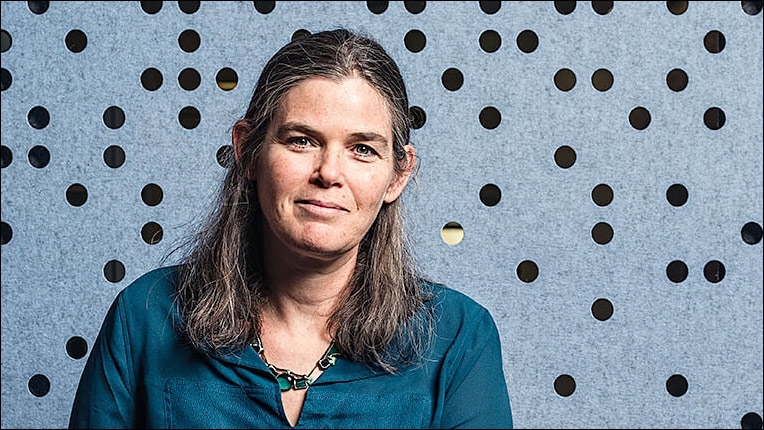
Lydia Kavraki
ACM Fellow Lydia Kavraki is known for her pioneering contributions to robotic motion planning and their applications in bioinformatics and biomedicine, including the invention of randomized motion planning algorithms and probabilistic roadmaps. She is a professor of bioengineering, electrical and computer engineering, and mechanical engineering at Rice University, where she is also director of the Ken Kennedy Institute. Among her many honors, she received the 2019 ACM AAAI Allen Newell Award, the 2017 ACM Athena Lecturer Award and the 2000 ACM Grace Murray Hopper Award.
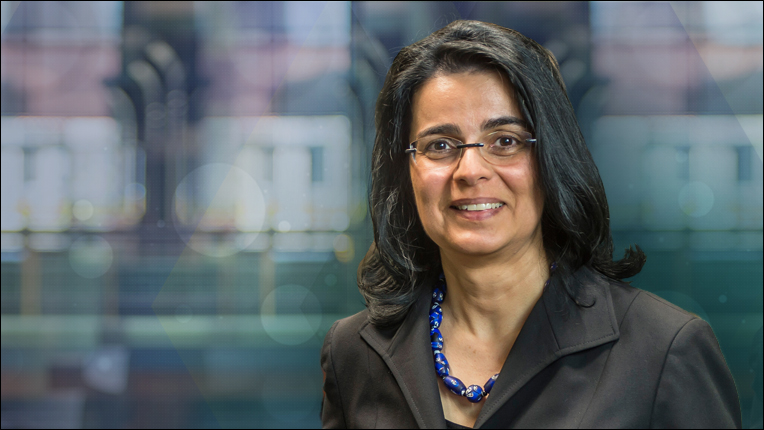
Nina Maria Balcan
Maria Florina “Nina” Balcan of Carnegie Mellon University received the 2019 ACM Grace Murray Hopper Award for foundational and breakthrough contributions to minimally-supervised learning. Her influential and pioneering work in machine learning has solved longstanding open problems, enabled entire lines of research crucial for modern AI systems, and has set the agenda for the field for years to come.
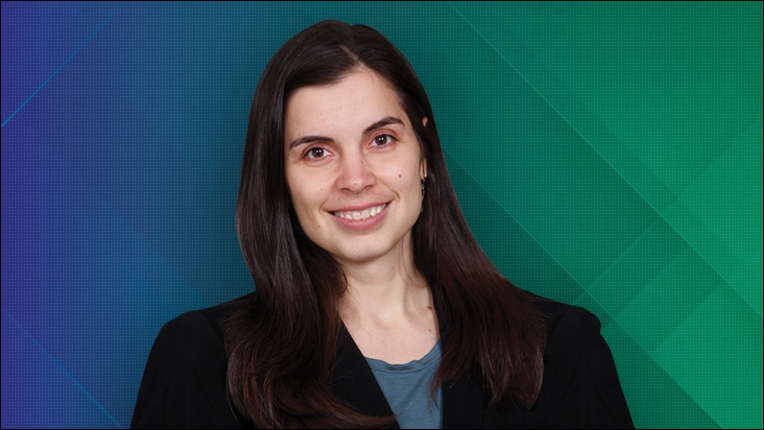
Jennifer Rexford
ACM Fellow Jennifer Rexford is Professor and Chair of the Department of Computer Science at Princeton University, recipient of the 2016 ACM Athena Lecturer Award and the 2004 ACM Grace Murray Hopper Award and recently elected to the US National Academy of Sciences. She is recognized for making innovations that improved the efficiency of the Border Gateway Protocol (BGP) in routing Internet traffic, for laying the groundwork for software-defined networks (SDNs), and for contributions in measuring and engineering IP networks.

Amanda Randles
Amanda Randles received the 2017 ACM Grace Murray Hopper Award for developing HARVEY, a massively parallel circulatory simulation code capable of modeling the full human arterial system at subcellular resolution and fostering discoveries that will serve as a basis for improving the diagnosis, prevention, and treatment of human diseases. She is a three time winner of the ACM-IEEE CS George Michael Memorial HPC Fellowships. Randles’s cross-disciplinary work has helped to bridge the gap between the computer and the clinic—translating computational results into actionable data physicians can use to improve patient outcomes.
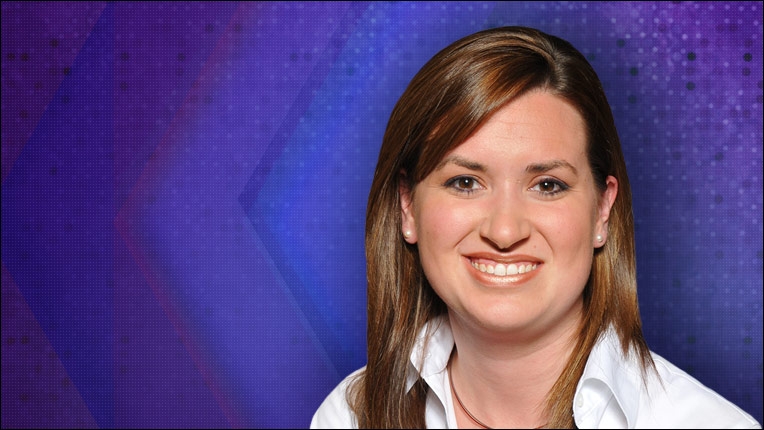
Sylvia Ratnasamy
Sylvia Ratnasamy received the 2014 ACM Grace Murray Hopper Award for her seminal work on distributed hash tables, a fundamental contribution to the design of large-scale distributed and decentralized computing systems. She is currently a professor at UC Berkeley, recipient of a Sloan Fellowship and the 2017 ACM SIGCOMM Rising Star Award.
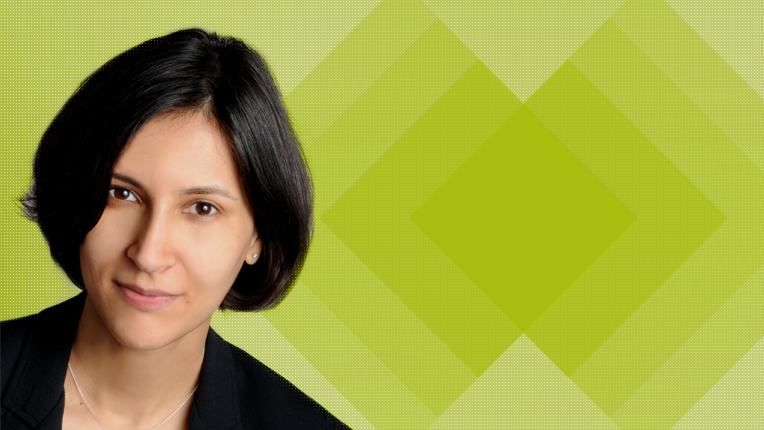
Sarit Kraus
ACM Fellow Sarit Kraus received the 2020-2021 ACM Athena Lecturer Award for foundational contributions to artificial intelligence, notably to multi-agent systems, human-agent interaction, autonomous agents and non-monotonic reasoning, and exemplary service and leadership in these fields.
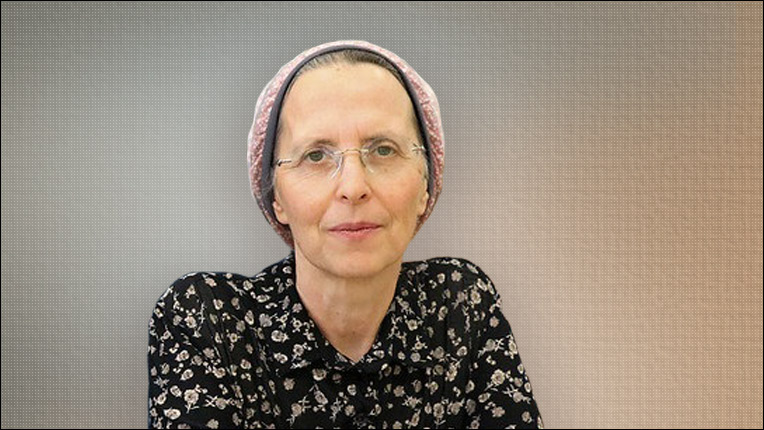
Elisa Bertino
ACM Fellow Elisa Bertino received the 2019 ACM Athena Lecturer Award for pioneering and impactful contributions to data management, security, and privacy, along with outstanding contributions to broadening participation in computing via professional leadership and mentoring. Elisa is the Samuel D. Conte Professor of Computer Science at Purdue University and research director of CERIAS, the Center for Education and Research in Information Assurance and Security. She currently serves as Secretary/Treasurer of ACM.
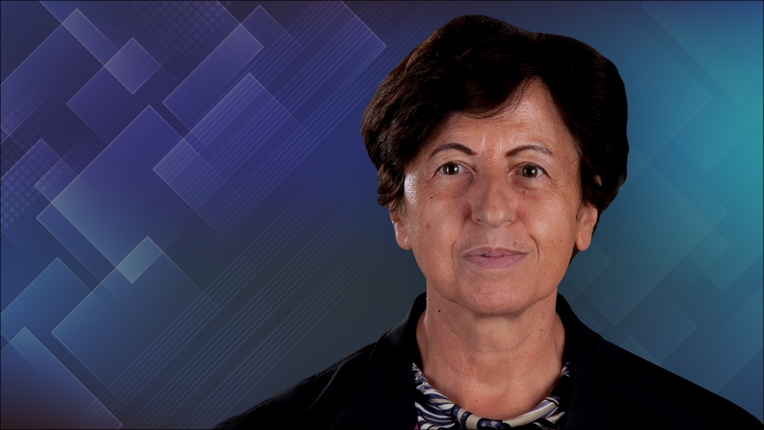
Andrea Goldsmith
Andrea Goldsmith received the 2018 ACM Athena Lecturer Award for contributions to the theory and practice of adaptive wireless communications and sustained translation of theoretic results into commercial technologies and industry standards. She is recognized as one of the most influential researchers in the field of wireless communication, and founded Quantenna Communications to commercialize her research in adaptive MIMO wireless technology.
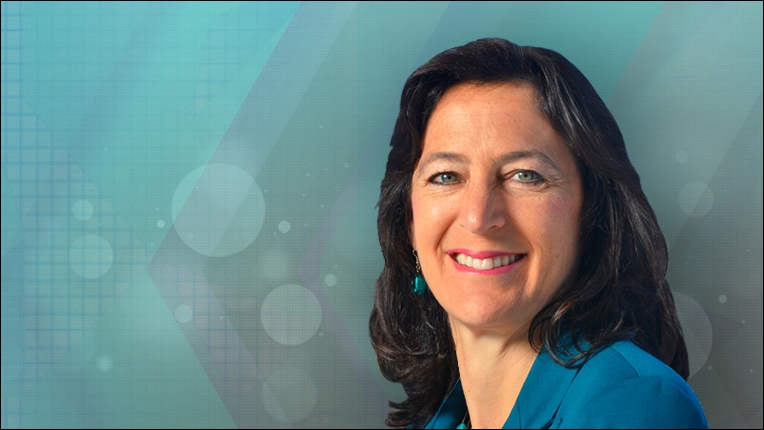
Susan Eggers
ACM Fellow Susan Eggers received the 2018 ACM-IEEE CS Eckert-Mauchly Award for outstanding contributions to simultaneous multithreaded processor architectures (SMT) and multiprocessor sharing and coherency. The first and only woman to receive the Eckert-Mauchly Award in its 42-year history, she is also recipient of the 2009 ACM Athena Lecturer Award. Eggers is best known for her foundational work in developing and helping to commercialize SMT processors, one of the most important advancements in computer architecture in the past 30 years.
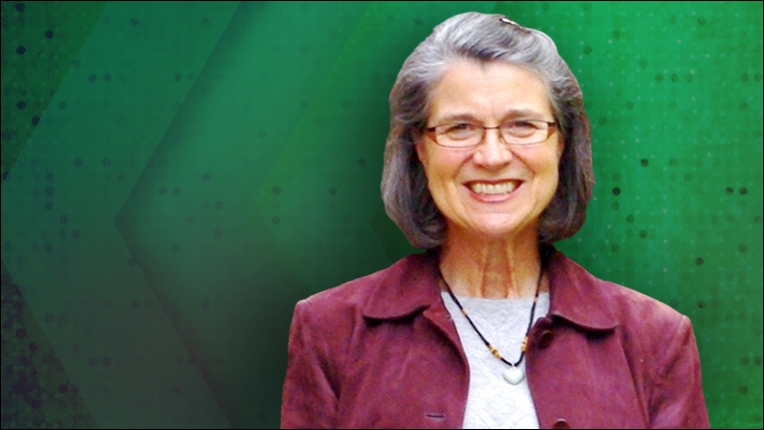
Jennifer Widom
ACM Fellow Jennifer Widom received the 2015 ACM Athena Lecturer Award for pioneering foundations, architecture, and applications of active database systems. She is the Frederick Emmons Terman Dean of the School of Engineering and the Fletcher Jones Professor in Computer Science and Electrical Engineering at Stanford University.
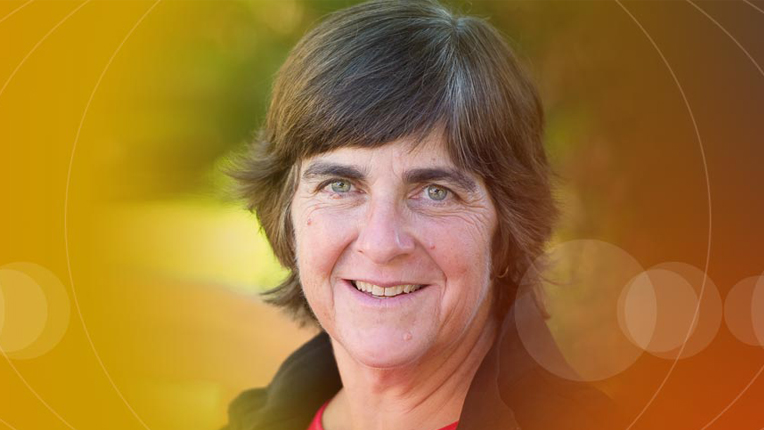
Susan T Dumais
ACM Fellows Susan Dumais is a Technical Fellow at Microsoft and Managing Director of Microsoft Research New England, New York City & Montreal. Among her many honors, Dumais received the 2014 ACM Athena Lecturer Award for contributions to algorithms and interfaces for interactive information retrieval.
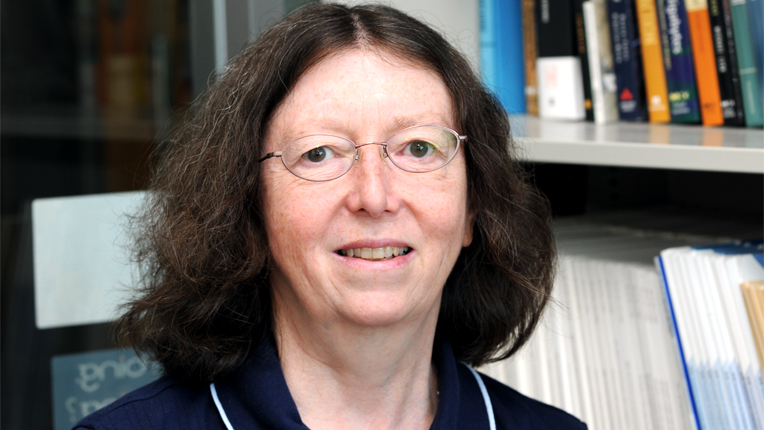
Nancy Lynch
ACM Fellow Nancy Lynch is the NEC Professor of Software Science and Engineering at MIT where she also heads the Theory of Distributed Systems Group (TDS) research group at MIT's Computer Science and Artificial Intelligence Laboratory (CSAIL). Among her many honors Nancy received the 2012 ACM Athena Lecturer Award. She is known for her contributions to the theory of distributed computing, including mathematical models and proof techniques, algorithms and impossiblity results.
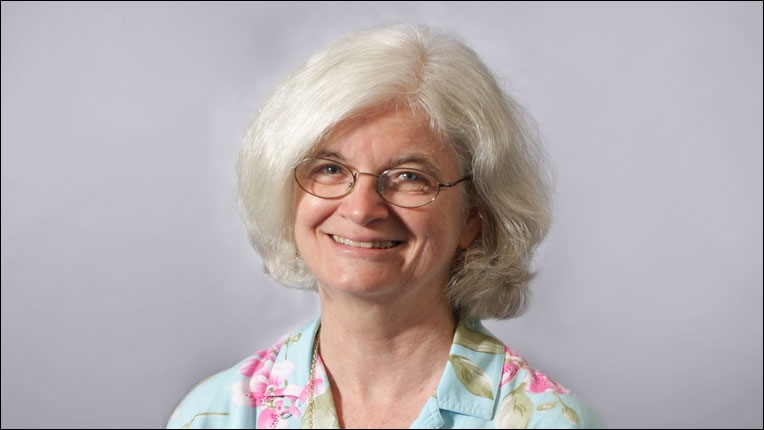
Judith S Olson
ACM Fellow Judith S. Olson is the Bren Professor of Information and Computer Sciences at the University of California Irvine, Professor Emerita of the University of Michigan, and recipient of the 2011 ACM Athena Lecturer Award. Known for her contributions to human-computer interaction and computer-supported cooperative work, Olson’s most cited paper, “Distance Matters” (co-authored with her husband and frequent collaborator, Gary M. Olson), studied the effects of geographic distance on teamwork and communication.
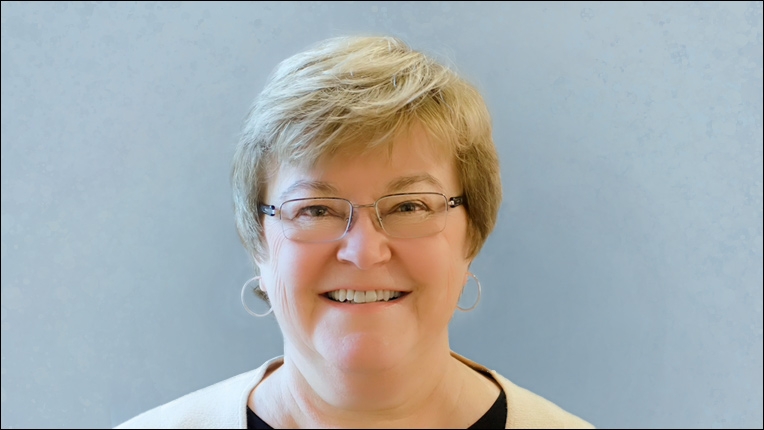
Mary Jane Irwin
ACM Fellow Mary Jane Irwin is the Emeritus Evan Pugh University Professor in Computer Science and Engineering at the Pennsylvania State University. She is an international expert in computer architecture. Her research and teaching interests include computer architecture, embedded and mobile computing systems design, power and reliability aware design, and emerging technologies in computing systems. Among her many honors, she received the 2010 ACM Athena Lecturer Award.
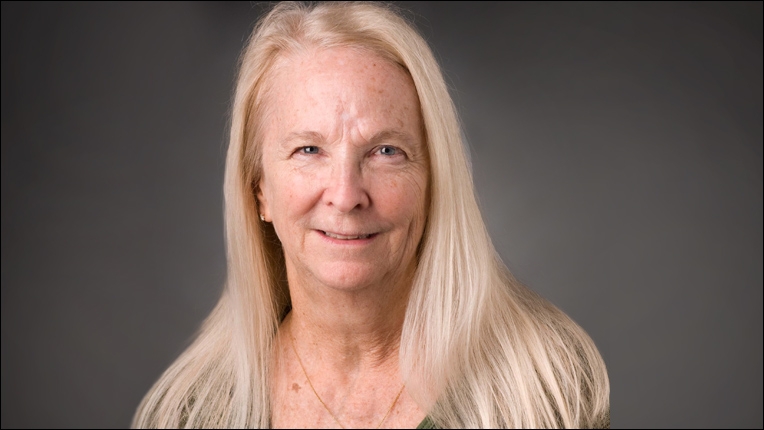
Karen Sparck-Jones
2007 ACM Athena Lecturer Karen Spärck-Jones made fundamental contributions to the field of information retrieval, and the results of her work are widely used today both in research and commercially. Among her many honors, she received the 2006 ACM AAAI Allen Newell Award for seminal contributions to the field of information retrieval, for cross-disciplinary contributions bridging information retrieval and computational linguistics, and for her role in facilitating international cooperation in the field of computational linguistics.
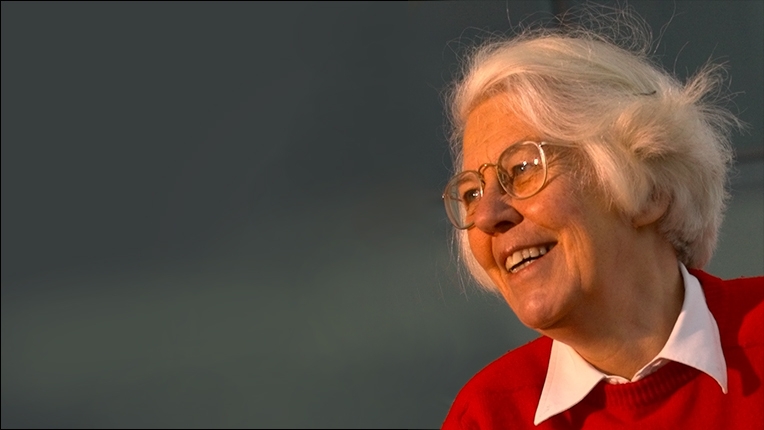
Deborah Estrin
ACM Fellow Deborah Estrin is Professor of Computer Science at Cornell Tech and co-founder of the non-profit Open mHealth. She is known for her work on sensor networks, mobile health, and small data. Among her many honors, Estrin received the 2006 ACM Athena Lecturer Award.
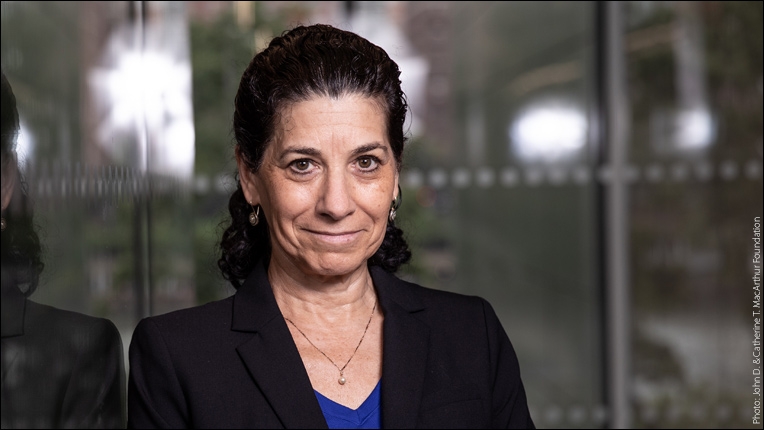
Margaret Boden
Margaret Boden received the 2017 ACM - AAAI Allen Newell Award for contributions to the philosophy and historiography of cognitive science and artificial intelligence, particularly in the study of human creativity. She is a Research Professor of Cognitive Science in the Department of Informatics at the University of Sussex, where her work embraces the fields of artificial intelligence, psychology, philosophy, and cognitive and computer science.
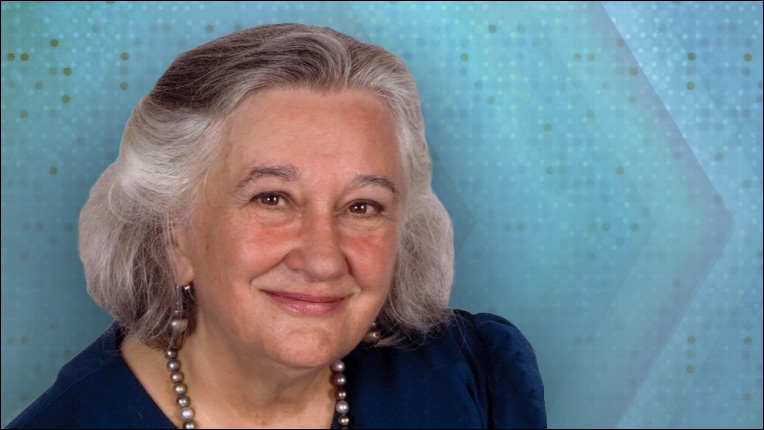
Stephanie Forrest
Stephanie Forrest 2011 ACM-AAAI Allen Newell Award for fundamental, paradigm-changing contributions to computer science and biological sciences, most notably bringing together models of immune systems, automated diversity, and network epidemiology, with significant impact on real computer and biological systems research and practice. She is director of the Biodesign Center for Biocomputing, Security and Society at the Biodesign Institute at Arizona State University.
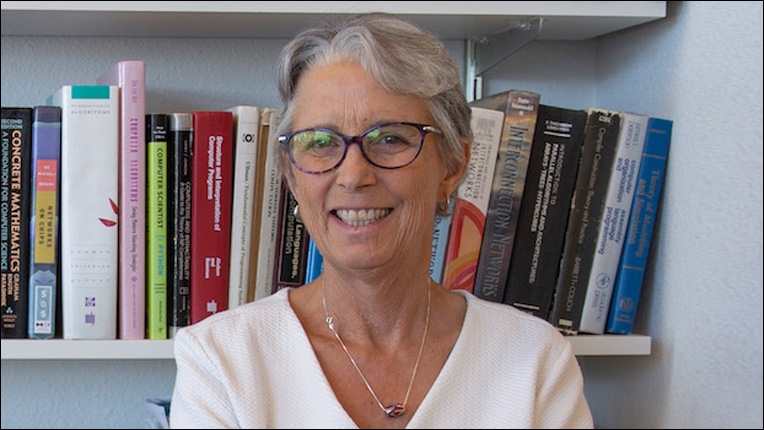
Barbara Grosz
ACM Fellow Barbara Grosz is the Higgins Professor of Natural Sciences at Harvard University, and is known for her seminal contributions to the fields of natural language processing and multi-agent systems. Among her many honors, Grosz received the 2008 ACM AAAI Allen Newell Award for fundamental contributions to research in natural language processing and in multi-agent systems, for her leadership in the field of artificial intelligence, and for her role in the establishment and leadership of interdisciplinary institutions.
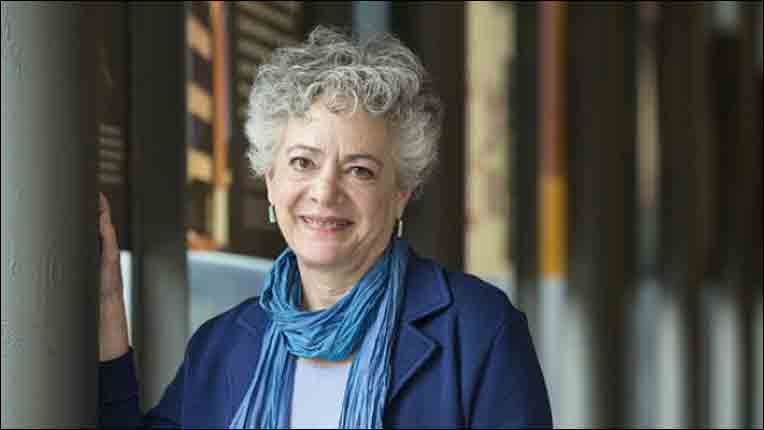
Ruzena Bajcsy
ACM Fellow Ruzena Bajcsy received the 2001 ACM-AAAI Allen Newell Award For outstanding research contributions in several areas including computational anatomy, and active sensing and perception, resulting in major impacts in robotics, computer vision, and artificial intelligence. She is Professor of Electrical Engineering and Computer Science at the University of California, Berkeley, where she is also Director Emerita of the Center for Information Technology Research in the Interest of Society (CITRIS).
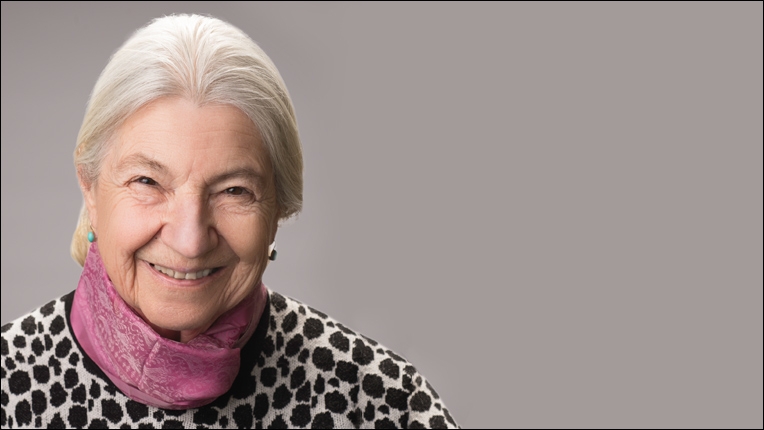
Nancy Leveson
ACM Fellow Nancy Leveson received the 1999 ACM-AAAI Allen Newell Award for pioneering and developing the interdisciplinary field of software safety, developing innovative approaches to ensuring that computers do not contribute to loss of life and property. Leveson is Professor of Aeronautics and Astronautics and also Professor of Engineering Systems at MIT, and is known for her work in system and software safety.
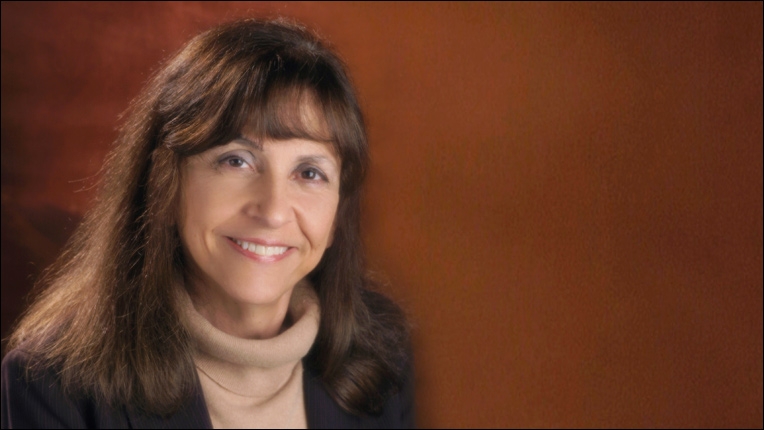
Corinna Cortes
Corinna Cortes is a VP in Google Research, and is known for her contributions to machine learning. She received the 2008 ACM Paris Kanellakis Theory and Practice Award with Vladimir Vapnik for the development of Support Vector Machines, a highly effective algorithm for classification and related machine learning problems.
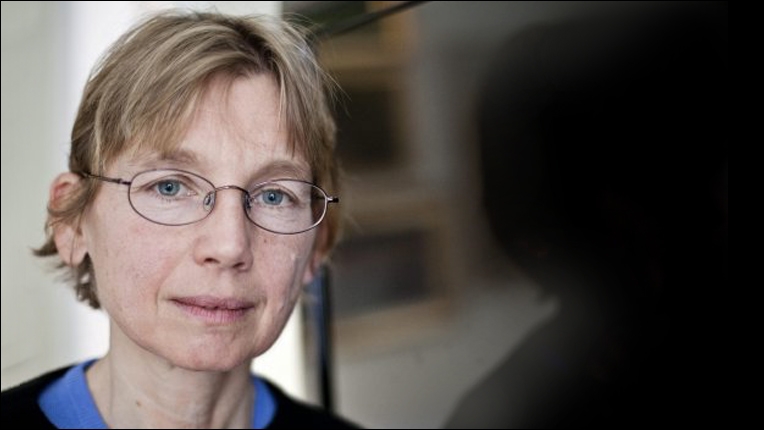
Robin Murphy
ACM Fellow Robin Murphy is the Raytheon Professor of Computer Science and Engineering at Texas A&M University. She is known as a founder of the fields of rescue robotics and human-robot interaction. Murphy received the 2014 ACM Eugene L. Lawler Award for pioneering work in humanitarian disaster response through search and rescue robotics, to the benefit of both survivors and responders.

Kathy Yelick
ACM Fellow Kathy Yelick is Professor of Electrical Engineering and Computer Sciences at UC Berkeley and Associate Laboratory Director (ALD) for Computing Sciences at Lawrence Berkeley National Laboratory (Berkeley Lab). She received the 2015 ACM-IEEE CS Ken Kennedy Award For advancing the programmability of HPC systems, strategic national leadership, and mentorship in academia and government labs, and she received the 2013 ACM Athena Lecturer Award For contributions to improving fundamental understanding and practice of parallel programming.
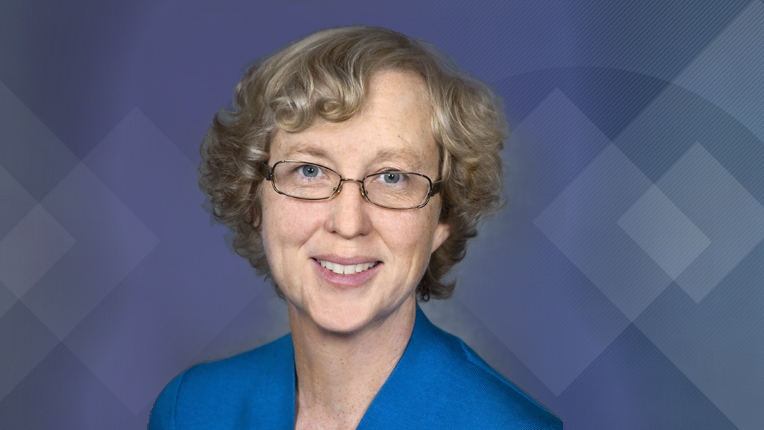
Mary Lou Soffa
ACM Fellow Mary Lou Soffa is the Owen Cheatham Professor of Sciences at the Computer Science Department at the University of Virginia, and is known for her work on programming languages and software engineering and for broadening participation of women in the field. She received the 2012 ACM-IEEE CS Ken Kennedy Award for contributions to compiler technology and software engineering, exemplary service to the profession, and life-long dedication to mentoring and improving diversity in computing.
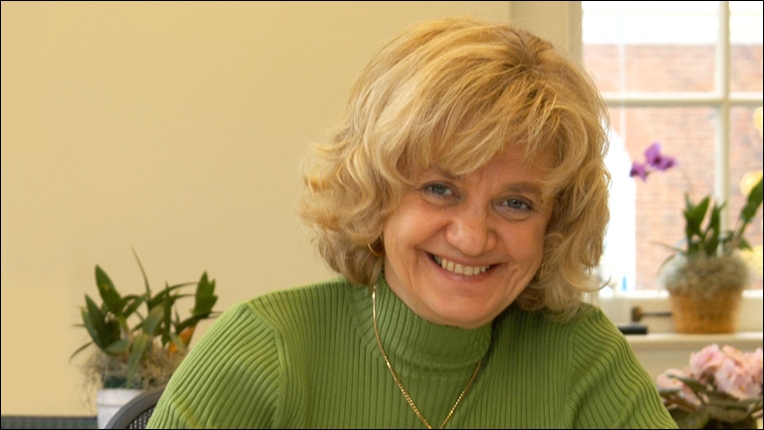
Susan Graham
ACM Fellow Susan Graham is the Pehong Chen Distinguished Professor of Electrical Engineering and Computer Science Emerita at UC Berkeley. Among her many honors, she received the 2011 ACM-IEEE CS Ken Kennedy Award for foundational compilation algorithms and programming tools; research and discipline leadership; and exceptional mentoring.
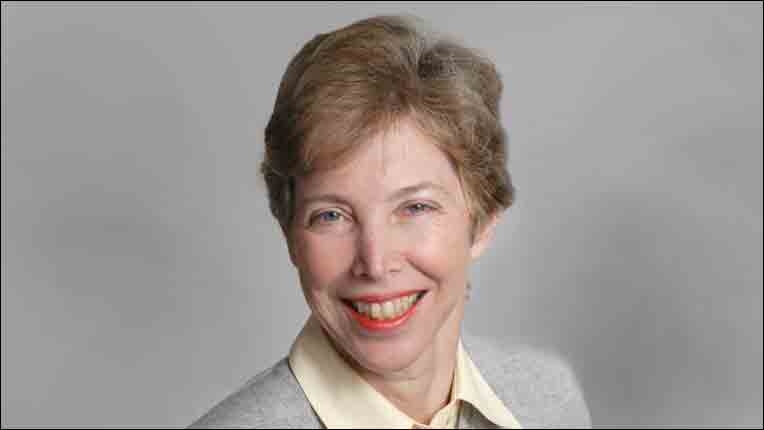
Francine Berman
ACM Fellow Francine Berman is the Edward P. Hamilton Distinguished Professor of Computer Science at Rensselaer Polytechnic Institute. She received the 2009 ACM-IEEE CS Ken Kennedy Award for her influential leadership in the design, development and deployment of national-scale cyberinfrastructure, her inspiring work as a teacher and mentor, and her exemplary service to the high performance community.
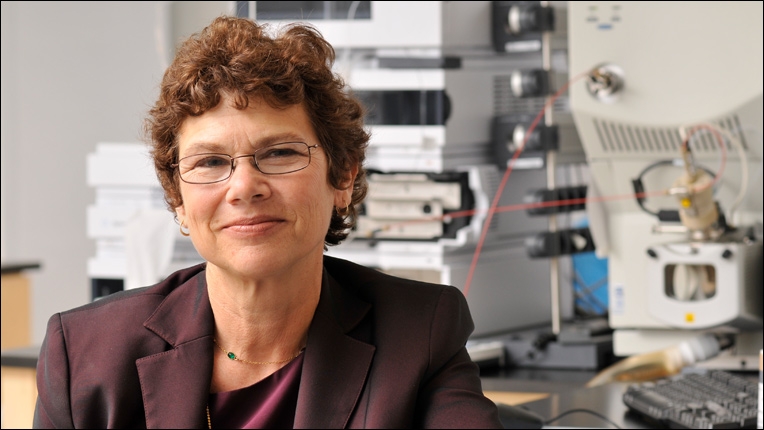
ACM invites you to mark Women's History Month by sharing your stories
During Women's History Month this March, ACM is encouraging computing professionals and students to use the hashtag #SheIsWhyICode to share stories of women in computing who have inspired them at any point in their career or education. The stories might range in topic from one’s earliest introduction to computer science to overcoming a recent professional obstacle, and the subjects could vary from luminaries of the computing field to someone’s high school computer science teacher or current boss.
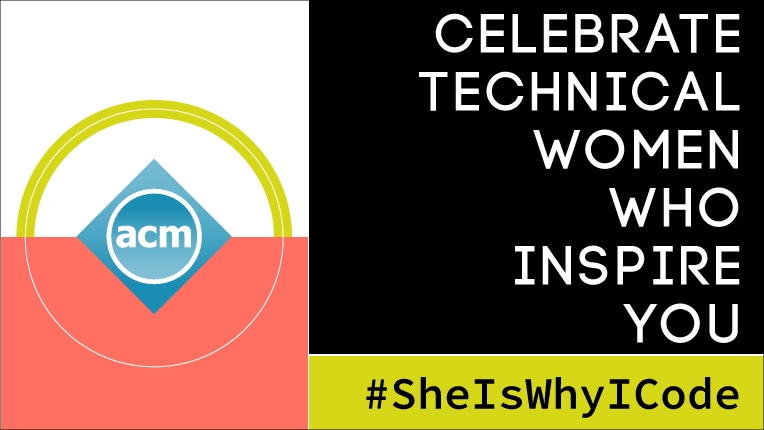
How can I get involved?
Think about a woman in computing who has inspired you. She could be anyone from a trailblazer like Grace Hopper to a colleague you pushes you forward every day. Once you've thought about what you admire about this individual, share it with the world on your social network of choice. Your posts could be a personalized video, a photo of that person, or a simple statement honoring them. Share you posts with the hashtag #SheIsWhyICode, and tag someone else in your post who you think would like to do the same.
